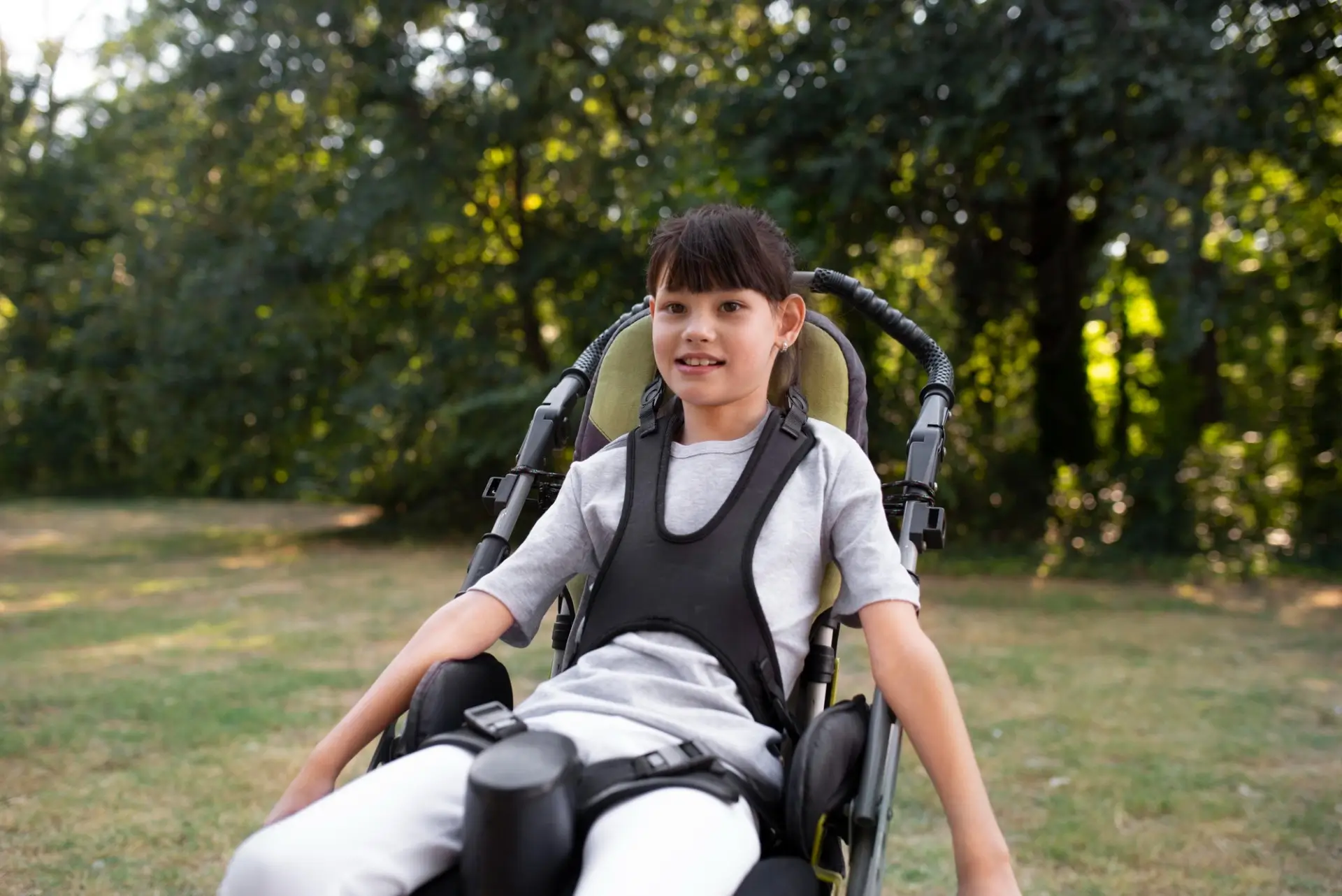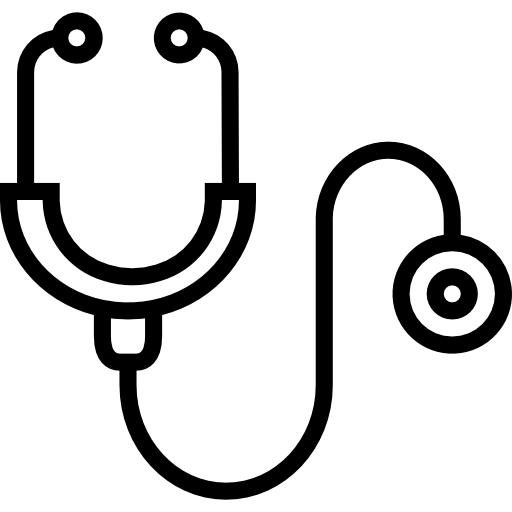Cerebral Palsy
Dedicated to Enhancing the Quality of Life for Children with Cerebral Palsy Through Specialized Care

Cerebral palsy is a neurological condition that affects muscle control, posture, and movement. It's caused by brain damage during fetal development or early childhood, leading to a range of symptoms.
While cerebral palsy primarily impacts muscle movement, it can also affect other brain functions. However, having cerebral palsy doesn't necessarily mean someone has intellectual disabilities.
Cerebral palsy symptoms vary; with some children experiencing altered movement, or body parts, appearance, and or behavior.
Movement and development problems
Other Symptoms
Cerebral palsy is diagnosed when the infant is around a year old. Treatments include medication, surgery, speech therapy, occupational therapy, social and emotional support, mental health therapy, etc.
How Pediatric Neurology Can Help?

Diagnosis and evaluation
Our neurologist can assess for cerebral palsy and determine the severity and type of the condition.

Treatment options
We offer a range of treatment options, including physical therapy, occupational therapy, speech therapy, and in some cases, surgical interventions.

Support and resources
We will provide guidance and support to help families navigate the challenges associated with cerebral palsy.
Cerebral palsy can be managed better with help from trained professionals.